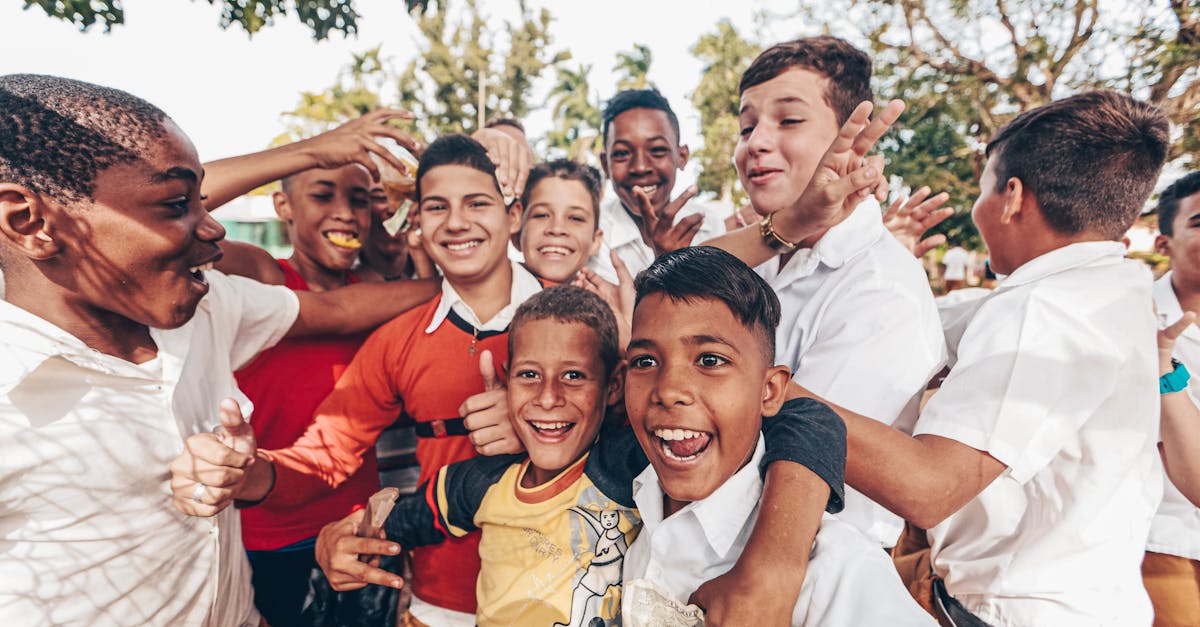Start with Simple Acts of Kindness
Teaching preschoolers to reflect God’s love begins with simple acts of kindness. Show them how sharing toys, giving hugs, and saying kind words can make others happy. Introduce concepts like helping friends in need and being patient with others. These small steps build a foundation for loving relationships that mirror God’s love.

Model Love and Compassion at Home
Modeling love and compassion at home is crucial. Preschoolers learn by watching their caregivers. Demonstrate acts of service, speak kindly, and apologize when necessary. This not only shows them how to love others but also reinforces that everyone makes mistakes and can seek forgiveness. Plus, it keeps you on your best behavior!

Use Stories and Books for Teaching
Utilize stories and books to teach love. Children love stories, and there are countless books with themes of love and kindness. Reading together allows you to discuss the characters’ behaviors and choices, fostering an understanding of loving actions. It’s an engaging way to introduce complex ideas in a simple manner.
Praise and Encourage Loving Behavior
Celebrating loving behavior reinforces it. Whenever your preschooler shares, helps, or shows kindness, offer praise. Let them know how proud you are of their loving actions. This encouragement motivates them to continue demonstrating God’s love, creating a positive feedback loop. Don’t forget to cheer them on enthusiastically!

Address Emotional Challenges Gently
Preschoolers encounter a range of emotions and may struggle with expressing love consistently. It is essential to address these emotional challenges gently. Teach them that it’s okay to feel upset or angry, but guide them on redirecting those feelings positively. Role-playing scenarios can be a helpful tool to practice responses to different emotions.

Create Opportunities for Social Interaction
Creating opportunities for social interaction helps preschoolers practice love in real-time. Group activities, playdates, and community programs provide settings where they can learn to love others. Encourage interactions that require cooperation, sharing, and understanding. It’s also a great chance for parents to bond with their children!

